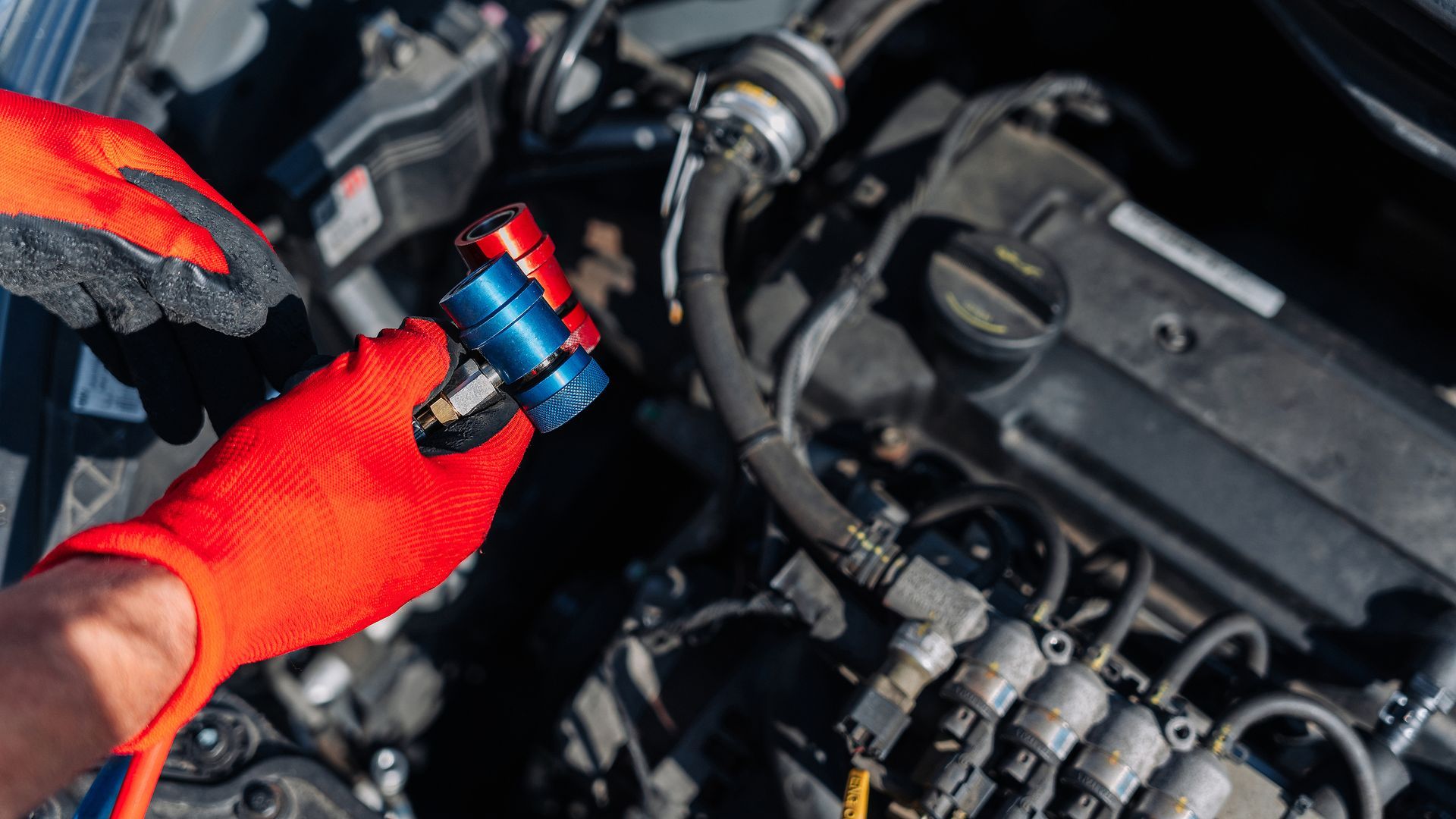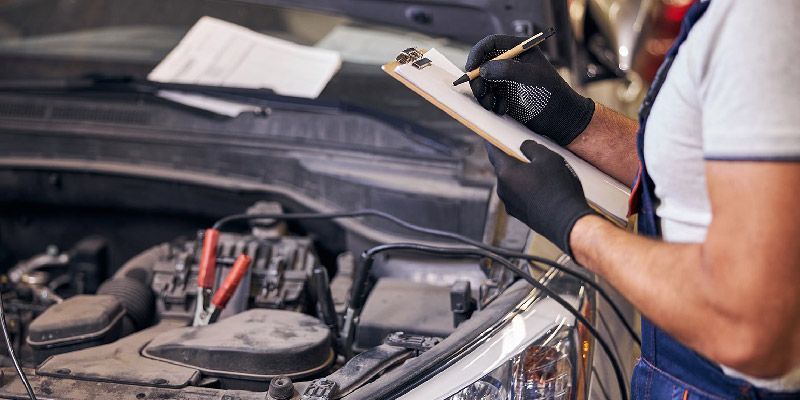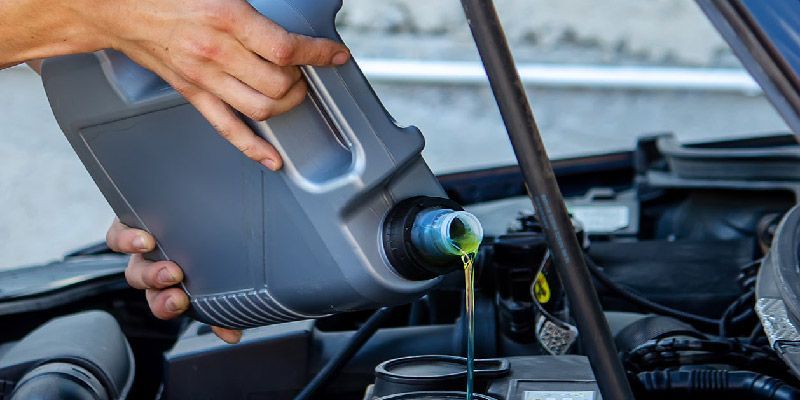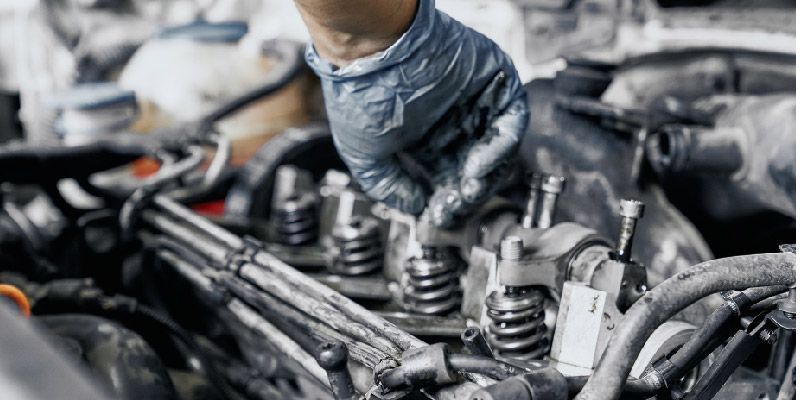Why is My Car's Air Conditioning Not Blowing Cold Air?

There's nothing quite like the relief of cool air on a hot day, especially when you're in your car. But what happens when that cool air isn't so cool anymore?
Car air conditioning issues can be a real inconvenience, and often a cause for concern. From refrigerant leaks to electrical faults, there are many reasons why your car's AC might not be blowing cold air.
In this guide, we'll explore common AC problems and how to troubleshoot them. Whether you're a car owner or a DIY enthusiast, you'll find this information useful in understanding and addressing car AC issues.
So, why is your car's air conditioning not blowing cold air? Let's find out.
Understanding Your Car's Air Conditioning System
To troubleshoot car air conditioning issues, it helps to understand how the system works. At its core, your car's AC system is a heat exchanger. It removes heat from the air inside your car and releases it outside.
The process begins with the compressor, which pressurizes the refrigerant. This refrigerant then flows through the system, absorbing heat as it goes. The now-cooled air is then blown into your car's cabin.
Understanding this process can help you identify potential issues. For instance, if the compressor isn't working properly, the refrigerant won't be pressurized, and the system won't cool the air. Similarly, a leak in the system could cause a loss of refrigerant, leading to less effective cooling.
Common Symptoms of Car AC Issues
When your car's AC system is not working as it should, there are usually some clear signs. The most obvious one is that the air blowing from the vents is not as cold as it used to be. This could be due to a variety of issues, from a refrigerant leak to a faulty compressor.
Another common symptom is weak airflow. This could be caused by a clogged air filter or a malfunctioning blower motor. If the air is not circulating properly, it won't be cooled effectively.
Here are some other symptoms to watch out for:
- Unusual noises when the AC is running
- A bad smell coming from the AC vents
- The AC system cycles on and off more frequently than usual
- The compressor clutch is not engaging
- Ice on the AC components
- The AC blows cold air initially but then starts blowing warm air
The Role of Refrigerant: R-1234yf vs R134a
The refrigerant is a vital component of your car's AC system. It's the substance that absorbs and releases heat, allowing the system to cool the air. Without it, your AC would simply blow warm air.
There are two main types of refrigerants used in car AC systems: R-1234yf and R134a. R134a has been the standard for many years, but R-1234yf is becoming more common due to its lower environmental impact.

R-1234yf is more efficient and has a lower global warming potential than R134a. However, it's also more expensive. If your car uses R-1234yf and you're experiencing AC issues, it's important to consult a professional for repair to avoid damaging the system or releasing harmful gases into the atmosphere.
Diagnosing Refrigerant Issues and Leaks
If your car's AC isn't blowing cold air, it could be due to a refrigerant issue. Low refrigerant levels can result from leaks in the system. These leaks can occur in various parts, including the compressor, condenser, or hoses.
Identifying a refrigerant leak isn't always straightforward. You might notice a hissing noise, or ice forming on the AC components. These are signs that the refrigerant is escaping.
To confirm a leak, you can use a UV dye or an electronic leak detector. However, fixing a refrigerant leak often requires professional help due to the complexity of the AC system.
Remember, it's crucial to address refrigerant leaks promptly. Not only do they affect your AC's performance, but they can also harm the environment.
Troubleshooting Airflow Problems
Weak airflow from your car's AC can be just as frustrating as warm air. This issue often stems from a clogged air filter. Over time, dust and debris can accumulate, restricting the flow of air.
Another possible culprit is a malfunctioning blower motor or resistor. These components are responsible for pushing air through the vents. If they're not working correctly, the airflow will be affected.
Lastly, a blocked or damaged condenser can also cause airflow problems. The condenser plays a crucial role in cooling the air, and any obstruction can hinder its function.
Electrical Faults and AC Performance
Your car's AC system relies heavily on its electrical components. A blown fuse or a faulty relay can disrupt its operation. If your AC suddenly stops working, it's worth checking these elements first.
The AC's compressor clutch also needs electricity to engage. If it's not receiving power, the compressor won't work, and the system won't cool the air. A professional can help diagnose these electrical issues.
Remember, tampering with your car's electrical system can be dangerous. Always consult a professional if you're unsure.
The Importance of Regular AC Maintenance
Regular maintenance is key to keeping your car's AC system in top shape. This includes changing the cabin air filter regularly. A clogged filter can restrict airflow and reduce the system's cooling efficiency.
It's also important to check the refrigerant levels. Low refrigerant can cause the AC to blow warm air. A professional can perform a recharge if necessary.
Lastly, regular inspections can catch potential issues early. This can save you from costly repairs down the line. Always consult a professional for these maintenance tasks.
When to Seek Professional AC Repair
While some AC issues can be resolved with simple troubleshooting, others require professional attention. For instance, if you notice a refrigerant leak, it's best to consult a certified technician. Handling refrigerants improperly can be harmful to both you and the environment.
Electrical faults in the AC system also warrant professional repair. These can be complex and risky to fix without proper training.
Lastly, if your AC system is still not cooling after basic troubleshooting, it's time to seek professional help. A certified technician can diagnose and fix the problem efficiently.
Cost Considerations for AC Repair
The cost of AC repair can vary greatly depending on the issue. Simple fixes like replacing a cabin air filter or recharging the refrigerant might be relatively inexpensive.
However, more complex repairs, such as replacing a compressor or fixing a refrigerant leak, can be costly. It's important to get a detailed quote before proceeding with any repair work.
Remember, neglecting AC issues can lead to more severe problems down the line, potentially increasing repair costs. Regular maintenance can help avoid these expenses.
Preventative Measures to Avoid Future AC Problems
Preventing AC problems is often easier and cheaper than fixing them. Regular maintenance is key to keeping your car's air conditioning system in good shape.
Here are some preventative measures you can take:
- Regularly change the cabin air filter
- Check for refrigerant leaks periodically
- Ensure the compressor is properly lubricated
- Keep the condenser clean and free of debris
By taking these steps, you can help ensure your car's AC system continues to function effectively, providing you with cool air when you need it most.
Ensuring a Cool and Comfortable Drive
Understanding your car's air conditioning system is the first step to solving any AC issues. Regular maintenance and timely repairs can help ensure a cool and comfortable drive.
Remember, if you're unsure or the problem persists, it's always best to consult a professional. They can provide expert advice and ensure your AC system is functioning at its best.






